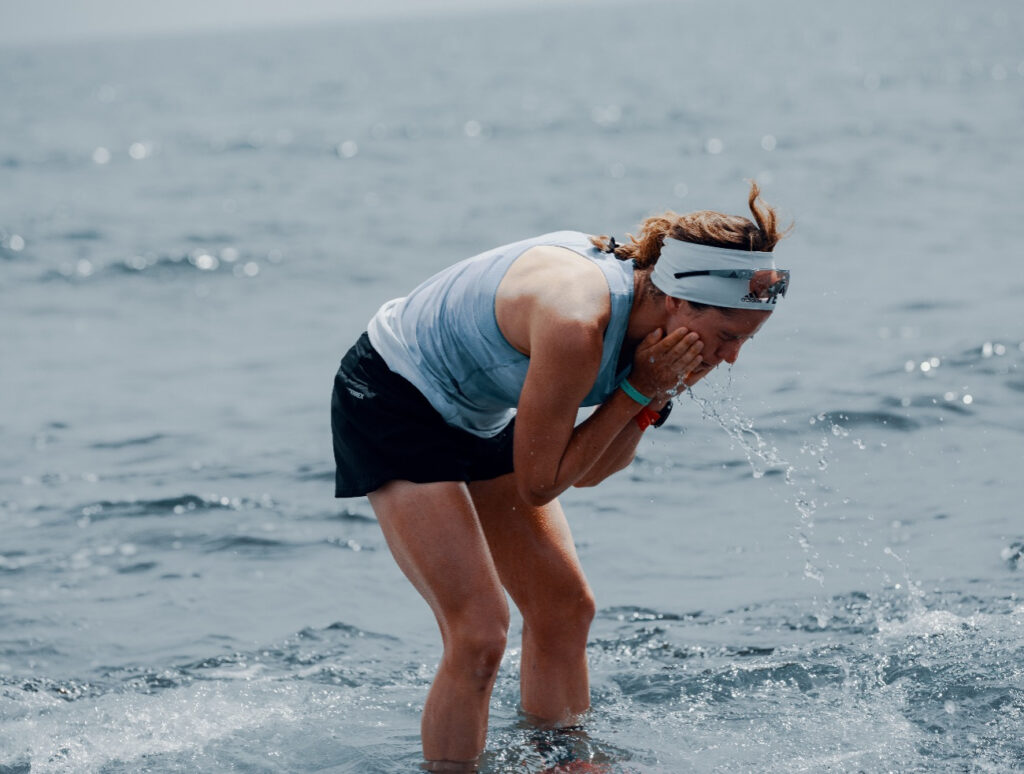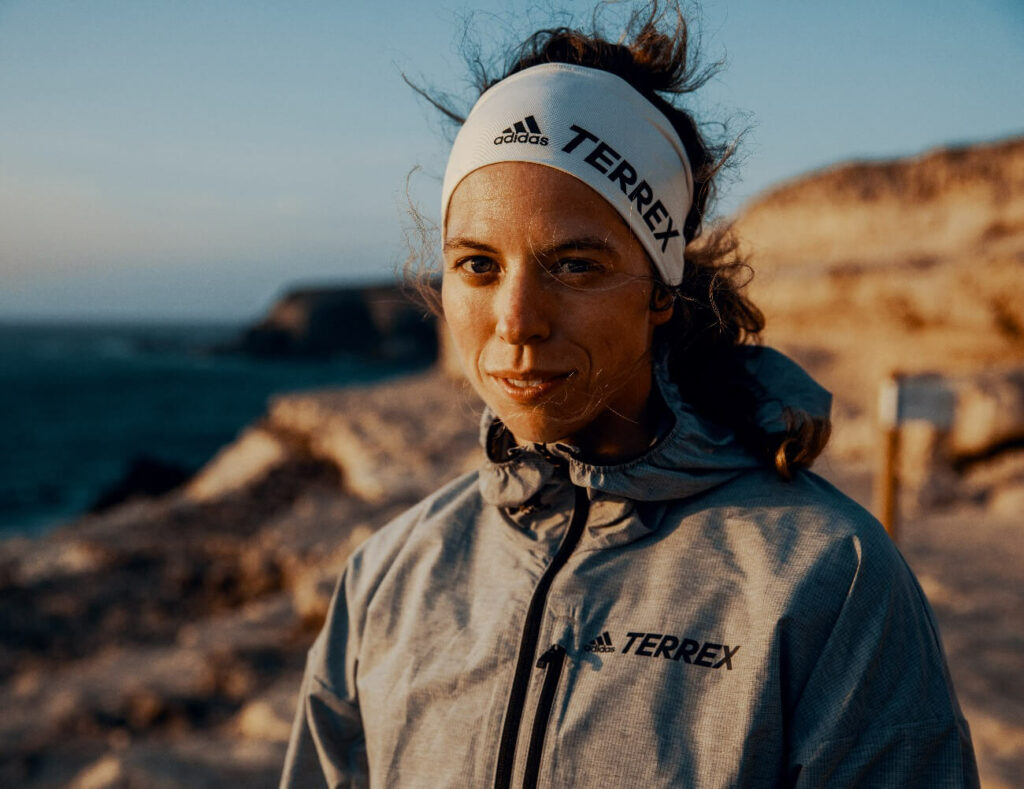My earliest memory of the notion of being tough, was my sophomore year of high school. I was in the backseat of the Burger’s truck as we drove to our first cross country ski meet of the season. With his usual frankness, my friend’s dad asked, “So are you guys ready for it to get hard out there?” …I’m 15 years old and just beginning to figure out this whole skiing as a sport thing. “Are you ready for it to hurt?” he asked. I wasn’t sure. Truthfully, my mom had just coaxed me through the cross country running season. Noticing that when the race got hard, I got scared and would often just sort of give up. Not because I couldn’t hang with my peers but because I didn’t really know how to. Race after early season race my mom would gently bribe me to “Just hang onto Megan” and eventually it worked – when the race got tough I started to believe I could hang on. I just didn’t realize everyone was going through the same fourth kilometer pain I was.
That’s when Roger Burger doled out some of the most formative advice in my endurance career. “No matter how good you are; at some point it’s going to hurt. Everyone hurts, the difference is what are you going to do when it does?” The gears were turning, we were mid-sermon now and I was all in. Roger continued, “If y’all go in knowing it’s going to hurt, accepting that, you’re stronger than half of the other girls racing – and if you lean into when it does – well you might just win.” Sent out of the starting gate 30-seconds at a time ready to lean in, Roger was out around the three kilometer mark singing John Mellencamp’s Hurts So Good – a new mantra for the final two kilometer fight to the finish.
While skiing taught me a myriad of lessons, for the longest time I thought learning to suffer, to lean into the hurt, and to be ‘the very toughest’ were the most important ones. Along the way I’d learn a lot about not conflating results with my self-worth and how to truly listen to my body – but those are parables for another day.
On the surface the lesson I learned about toughness from Roger remained superficial for a while. A mantra, a 15-year-old’s battle cry, because repetition and practice doesn’t make perfect – it makes permanent. For a teenager and then a college athlete that was an okay piece of armor. But what toughness and ‘being a good sufferer’ doesn’t make is an unbreakable athlete. Many of you know my story, I dropped out of college in pursuit of an Olympic berth and instead ‘toughed’ myself and ‘suffered’ myself straight into an early retirement. Learning, a little too slowly, that tough and stubborn are not the same thing. Where stubborn is unyielding (I was unyielding) toughness has its limits.

When I found trail running and then ultimately ultrarunning I was quickly rewarded for the early lessons learned in skiing – I could be uncomfortable for a very long time. But as I ran further and further those lows in running were not just a bad moment here or there, they could last for hours… I’m looking at you mile 60-80 of every 100-mile race. Again, toughness had its limits and instead of being unyielding I had to learn to be flexible in the face of adversity.
You’ll often hear people say, “Ultrarunning is 90% mental” and they’re not entirely wrong. We spend hours physically training our bodies to withstand the demands of covering 30, 50, 100 miles of trails and forget entirely that your brains might need to be more than along for the ride. I see the panic setting in, how the heck do I prepare mentally? How do I become ‘tough’? I’m here to promise you, you already are. You show up to training on dark January mornings, you’ve been running in the rain or snow during the wettest winter, you took the leap and signed up for that scary distance. You are already tougher than you know. What you need to be ready for, in those hard moments when your race is going sideways, is psychological flexibility – yielding and adaptable to the armor you’ve created. It’s not soft, it’s malleable. Yielding isn’t throwing in the towel, it’s adapting so you can succeed.

Curious? Check out this weeks episode of Trail Society and join myself and co-hosts Hillary Allen and Keely Henninger as we discuss what mental toughness means to each of us, how we’ve learned to harness different mental skills pertinent to trail and ultra racing, and what it means to yield in a sport that has long glamorized suffering.
